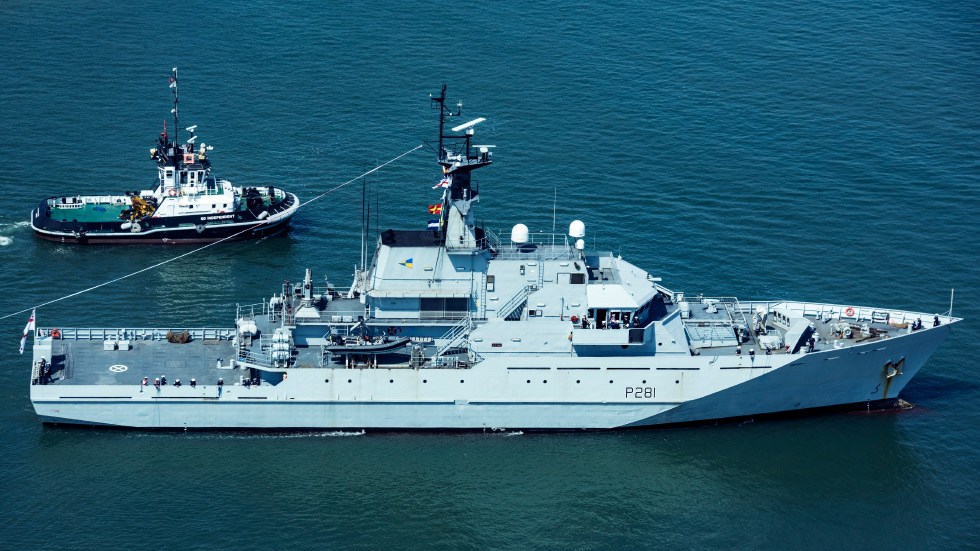The British government has four Royal Navy ships standing by to confront foreign fishing boats in the event of no trade deal being agreed this weekend.
Two of the ships will be on patrol at all times, with two others on standby in case of an incident. The ships have the power to stop, search and if necessary impound any vessel caught infringing the UK’s exclusive economic zone (EEZ), which extends up to 200 miles (322km) from shore.
The four ships are fully armed, although it is not expected that weapons will have to be used. “Nobody is going to be firing warning shots against French fishermen; firearms are only used when there is danger to life,” a navy source told The Guardian.
Fishing rights is one of the main sticking points remaining in the way of a trade deal that will come into place when the UK leaves the EU on 31 December. Britain wishes to retain full sovereignty over its EEZ, which would be disastrous for some member states of the EU, including Belgium.
The way the EEZs work, the 200-mile limit is reduced when countries are close to each other, with each side taking half. For countries bordering the North Sea, that means the UK takes back half of the distance, leaving Belgium, the Netherlands, Germany and Denmark with half of what used to be common EU waters.
The UK meanwhile also loses half of the North Sea, but at the same time can now claim full exclusivity over the entire 200-mile stretch of the Atlantic to the west of Scotland, all the way to the Faroe Islands.
The blow will be all the more serious as EU fishing boats have had access to British waters for almost 50 years, since Britain joined what was then the EEC. For decades, the only restrictions have been the commonly-agreed rules of the Common Fisheries Policy, governing such matters as total allowable catches and national quotas.
The talks between the two sides on this and all issues have until tomorrow before a no-deal can be announced, but there appears to be little hope on either side for an agreement.
Speaking at the conclusion of the summit of EU leaders in Brussels on Friday, Commission president Ursula von der Leyen said, “We understand that the UK aspires to control its waters. The UK must, on the other hand, understand the legitimate expectations of EU fishing fleets built on decades and sometimes centuries of access.”
For the time being, the ships will only patrol in English waters, as fisheries policy comes under the authority of the devolved Scottish government, which is significantly more sympathetic towards the EU than its Westminster equivalent.
Alan Hope
The Brussels Times

